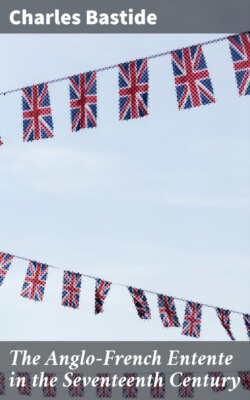Читать книгу The Anglo-French Entente in the Seventeenth Century - Charles Bastide - Страница 18
На сайте Литреса книга снята с продажи.
On Reason (1655)
ОглавлениеI think that man that can enjoy his natural wit and reason with sobriety, and doth affect such raptures and alienations of mind, hath attained to a good degree of madnesse, without rapture, which makes him so much to undervalue the highest gift of God, Grace excepted, sound Reason. It made Aristotle deny that any divination, either by dreams or otherwise, was from God, because not ignorant only, but wicked men also were observed to have a greater share in such, then those that were noted for either learning or piety. And truly I think it is not without some providence of God that it should be so; that those whom God hath blessed with wisdome, and a discerning spirit, might the better content themselves with their share, and be the more heartily thankfull. And in very deed, sound Reason and a discerning spirit is a perpetual kind of divination: as also it is somewhere called in the Scriptures.
(A Treatise concerning Enthusiasme, London, 1655, pp. 46–47.)
[Born in Geneva, in 1599, Méric Casaubon was educated in Sedan, followed his father Isaac to the Court of James I. and settled in England where he became prebendary of Canterbury.]
